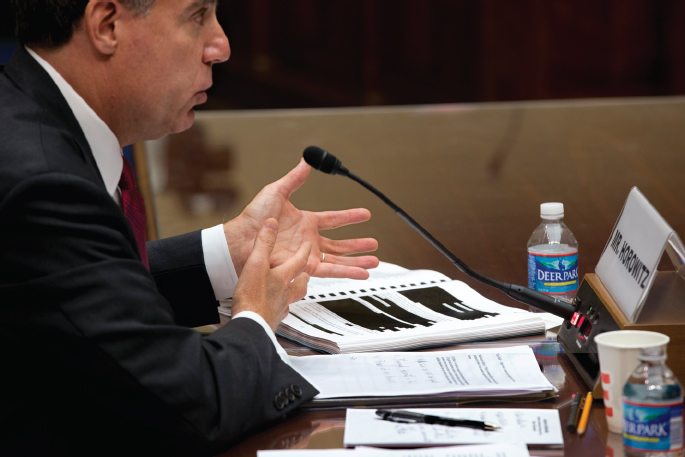Step 3: Interpretation
In the interpretation stage, you will determine the larger meanings of the patterns you have analyzed. The most difficult stage in criticism, interpretation demands an answer to the questions “So what?” and “What does this all mean?”

For example, after analyzing the articles in the Guardian and the Washington Post, were the NSA surveillance programs operating under the explicit approval of Congress, with congressional oversight? Or, looking at the historical time line of the Electronic Frontier Foundation, is the history of federal government surveillance activity one of constantly trying to find a way around the law?
Should the user data of Google, Apple, Facebook, and major mobile phone providers be tapped by government surveillance projects without our knowledge? Should the companies submit to do whatever the government asks?
Is there partisan support for or against these surveillance programs as a political issue, or does this issue cut across partisan lines?
Was Snowden’s intent in leaking the information to offer it “to be used to the injury of the United States or to the advantage of a foreign nation” (as the Espionage Act says), or did he have other reasons for leaking to the press? Why did Snowden feel compelled to flee the United States? Is there a reason for the government to discourage would-be whistleblowers of any kind?
Are the leaks merely embarrassing to the federal government, or do they truly hamper important work and put lives at risk? What is good for the American people to know? Are there things about the U.S. government surveillance program that we shouldn’t know?